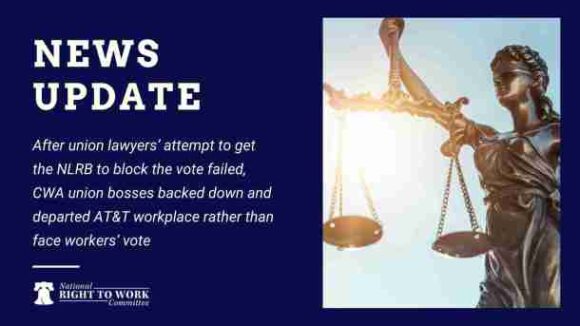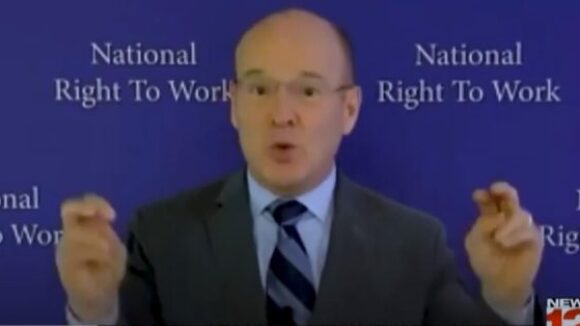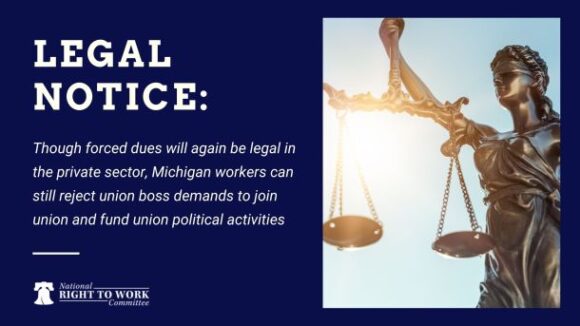A warning from the Wall Street Journal worth reprinting:
As Big Labor has realized it won’t get “card check” legislation through Congress, it is turning to its secret weapon inside the Obama Administration—labor lawyer Craig Becker. And as many Senators feared when he was nominated, Mr. Becker is using his position on the National Labor Relations Board to bypass the will of Congress.
President Obama gave Mr. Becker a recess appointment in March after Senate Democratsrefused to confirm him to the NLRB, the agency charged with fairly overseeing union elections. As a top lawyer for the Service Employees International Union, Mr. Becker had suggested that the NLRB has the legal authority to impose card check—which eliminates secret ballots in union elections—without the approval of Congress. And lo, at the end of August the NLRB dropped the bombshell, when, in a 3-2 decision, it decided to revisit its important 2007 Dana Corp. ruling.
Card check is a top labor priority because it allows a workplace to be organized if 50% of workers at the site sign a union card. Without a national law, unions have tried to persuade individual businesses to allow card check rather than secret ballots, and some have gone along.
When a workplace is organized after a secret ballot, workers are barred from a vote to “decertify” the union until after the first negotiated contract expires. In its Dana decision, however, the NLRB recognized that card check was an inferior substitute to secret ballots. It therefore held that when a company recognized a union via card check, workers had the right to force an immediate secret vote on whether they really wanted to join that union.
The Dana ruling is about protecting workers from union harassment. And if card check is as popular as unions claim, labor leaders should have no problem letting workers vote to ratify or reject a card-check process. As NLRB member Peter Schaumber, a Bush appointee, noted in his dissent to the NLRB decision to revisit the case, the Dana ruling has in no way chilled the current card-check process. [click to read more at the Wall Street Journal]


